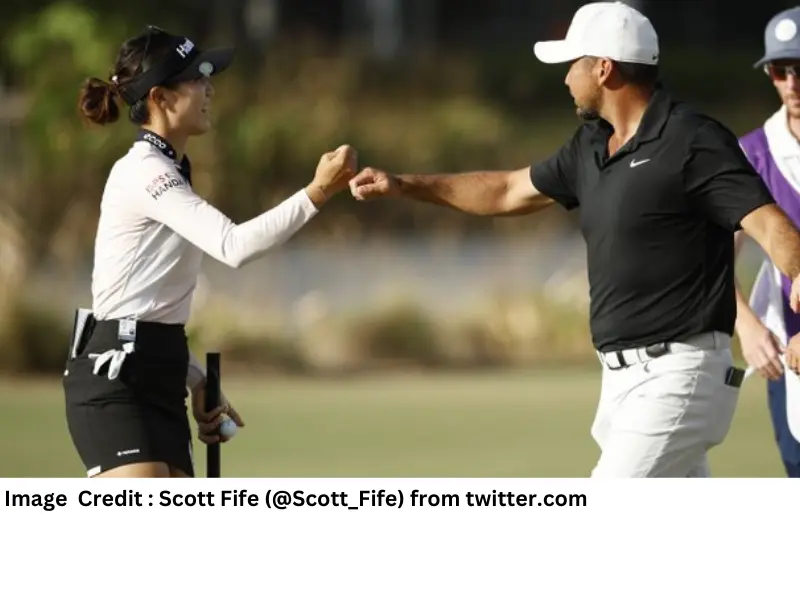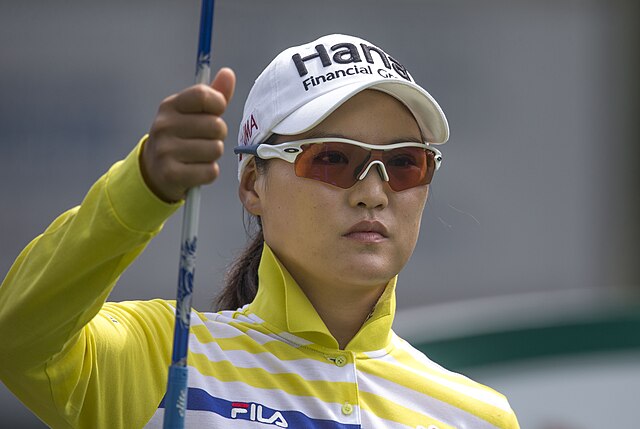
In a significant development in the world of professional golf, the PGA Tour has rejected a $1.5 billion investment from Saudi Arabia’s Public Investment Fund (PIF), which backs the rival LIV Golf organization. This move represents a clear escalation in the ongoing conflict between traditional golf institutions and the upstart league.
Despite a previous framework agreement aimed at unifying their commercial interests under the banner of PGA Tour Enterprises, relations between the two organizations have frayed. The primary source of tension lies in the PGA Tour’s unwillingness to accept LIV Golf as a permanent fixture in the global golf ecosystem.
Key Points of Contention
- The PIF insists on a lasting role for team golf, a hallmark of LIV’s format.
- PGA Tour leadership remains firm in preserving its identity and dominance.
- Innovation from the PIF is recognized, but not at the cost of tradition.
PGA Tour Commissioner Jay Monahan has acknowledged the PIF’s contributions, even leaving the door open for Governor Yasir Al-Rumayyan to eventually co-chair the enterprise. However, “we won’t compromise the essence or integrity of what makes the PGA Tour unique,” he emphasized during remarks at The Players Championship.
Negotiation Highlights
- A February meeting at the White House included high-profile names such as Monahan, Tiger Woods, Adam Scott, and President Donald Trump.
- A subsequent four-hour working session yielded little tangible progress.
Trump’s own take leaned toward unity, stating: “I think having them merge would be a great thing.” Nonetheless, the merger remains elusive.
LIV’s CEO, Scott O’Neil, remains confident. “Do we need a deal? No,” he said. “We know what’s coming, and we believe in it.”
The Road Ahead
The upcoming 89th Masters at Augusta National will bring both LIV and PGA Tour players together — one of the few shared events in professional golf. Beyond the majors, opportunities for collaboration are rare, and tensions linger.
Meanwhile, PGA Tour Enterprises has fortified its position with $1.5 billion in backing from the U.S.-based Strategic Sports Group, offering a financial cushion that reduces urgent pressures for compromise.
What remains uncertain is how long this standoff can hold. With broadcasting rights, fan engagement, and elite talent all in play, the fractured world of top-tier golf faces a ticking clock.
For the full story, visit the original source on CBS Sports.



